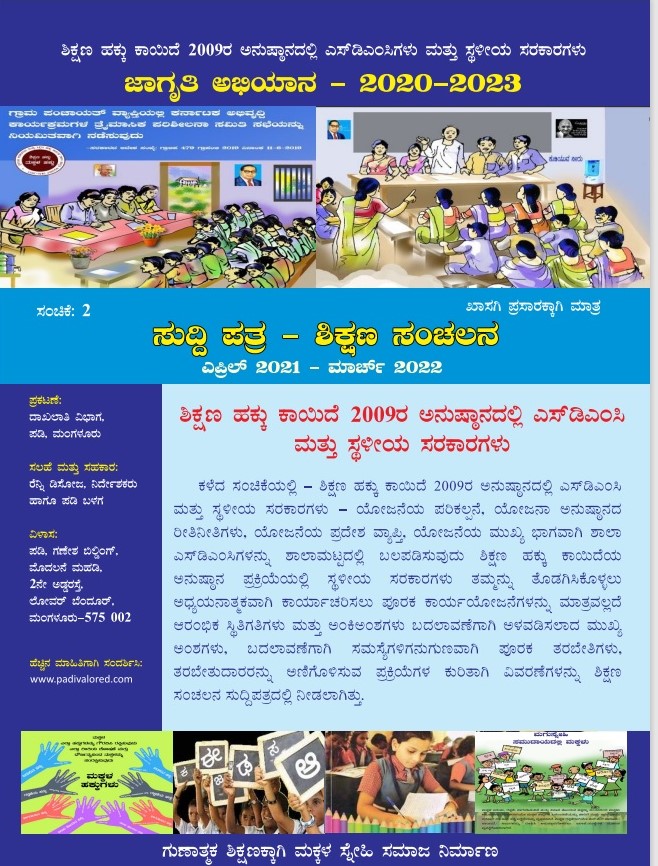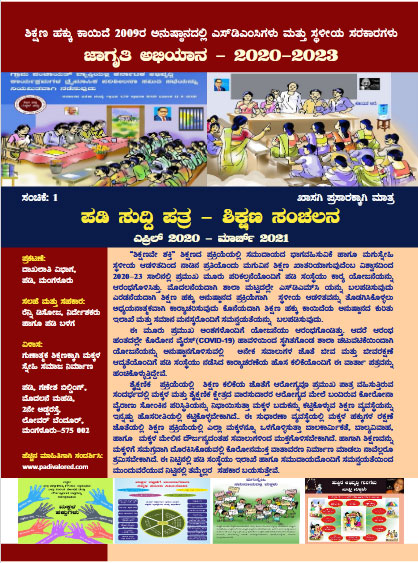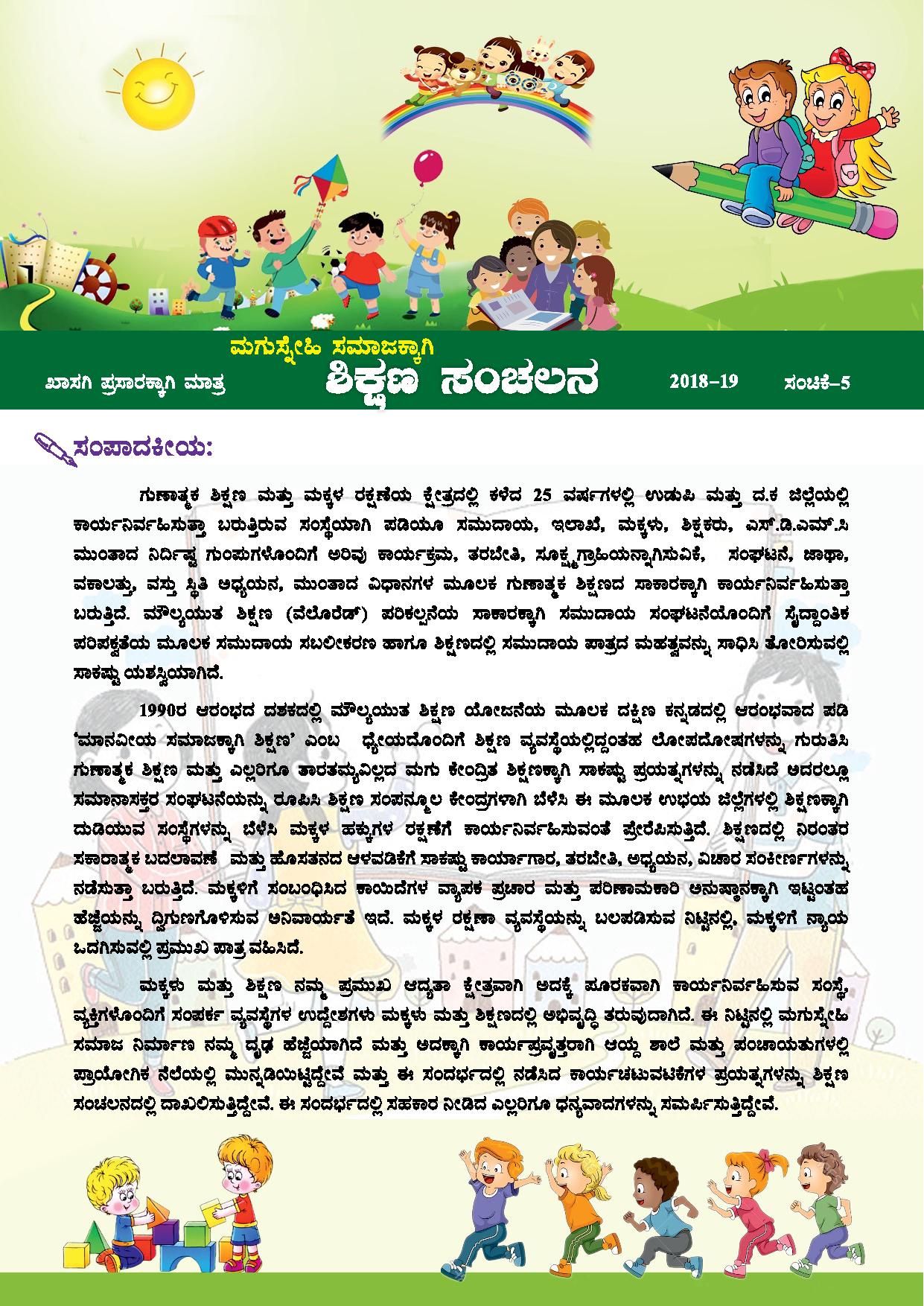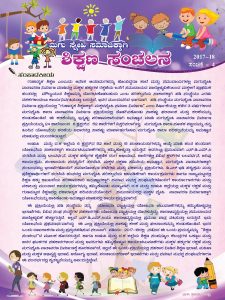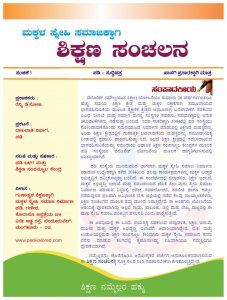Education resource Centre has its own objectives and based on objectives organizing the many programmes plan of action
1. Involving the school activity: RC members participating school activities to improve the quality of education also safeguard the rights of the children.
2. Monthly Resource Centre meetings: Every month ERC Executive Committee members conducting monthly meeting and discussing and make the plan of activity.
3. Advocacy: ERC members will actively involved child right issues and address the problems of children’s and put forward to people representatives also advocating the govt. line department to understand the problems and lobbying the initiate changes in the society. One of the most popular forms is social justice advocacy.
3. Teachers Week: To improve the quality of education in the schools Education Resource centre conducted every year in the month of October- November In collaboration with CBO’s and teachers Network organized
4. ASER survey: “Annual status of Education report” a study was conducted in collaboration with PRATHAM Mysore, to gauge the reading and mathematical capacity of the children from age between 3-16. This was a national level study of all the states in India. Hence ERC members were proud to be a part of this study and it conducted the study in the two districts of DK and Udupi.
5. Children Parliament:programmes were conducted in 8 taluks through the 8 RC’s. The children had an opportunity to have a face to face dialogue with the MLA’s, MP’s and voiced out their problems related to mid-day meals, communication, electricity, no proper teacher as per RTE, child abuse, delay and quality of govt schemes supporting schooling of children, conducting effective child right grama Sabha and also implement a policy supporting the same in the cooperation/municipal areas too. Handed over the resolution to the taluk level EO’s and CEO at district level. Requested to allot one day of the MLAs in a year for the face to face discussion with children. In the taluk level programme two representatitive will select to district level programme and in the district level programme two children will select to State level and get the opportunity to interact with Chief Minister.
6. SDMC Convention:SDMC Convention conducting at taluk level of Udupi and D.K district level. The main contents covered in thisconvection Present status of RTE Act at the level of schoolFormation of SDMC Forum at taluk level Involvement with Networks at District to State levelRecommendations and its follow up strategiesat various stages regarding RTE Act.
7. Makkala Masostava: Valored would undertake a children’s month-long celebration with the collaboration of ERC. The main objectives of the programme to build public awareness on child rights, to propagate the importance of girl child education, to propagate Sarva Shiksha Abhiyana, and placing the importance of community participation in schools and child centered education; first and foremost, the common public has to be aware of what is Child Rights
Hence, to spread this message of Child Rights in the year 2002 in October and November a month-long celebration namely ‘Makkala Masothsava’ was organized in D.K. and Udupi Districts. Ever since, every year, in October and November this Child Right Campaign with also an emphasis on child centered education is carried out through street plays; Shikshana Ayana (Education Fair), Jatha, banners, posters, placards cards, checklists and information handbills on child right distributed, all in order to gain support and protect the child right issues and demand for the implementation of the resolutions.
8. Dialogue with the Political candidates: before the elections of candidates could take place ERC members met the candidates and placed before them their demands with regards to resolutions drawn up supporting the rights of the children in the preliminary meetings of the SDMC member union and RC members. The candidates were also requested if elected should take keen interest in the welfare of the children and voice out in the Parliament secessions.
9. Organizing and attending Training Programs: ERC members actively attending many training programmes upto state level and also conducting training programme grass root level to state level. ERC having well versed subject wise resource person team
10. Makkala Grama Sabhe: ERC members also actively participated in the makkala grama Sabha programme in their respective area of panchayath.
11.Publication: ERC printed many materials which is helps to aware the people like handbills belongs to Child rights, POCSO
12.programmes collaboration with departments :
Collaborations with departments ERC organized many programmes such as
Awareness programme for SDMC /CAC members
Workshop for teachers
Workshop on Child rights
RTE act awareness programme
Workshop on gender sensitivity
13. Other activities:
Vocational training programme
Education fest
Community education programme
Health related programmes
Jatha, rallies, protests etc.






